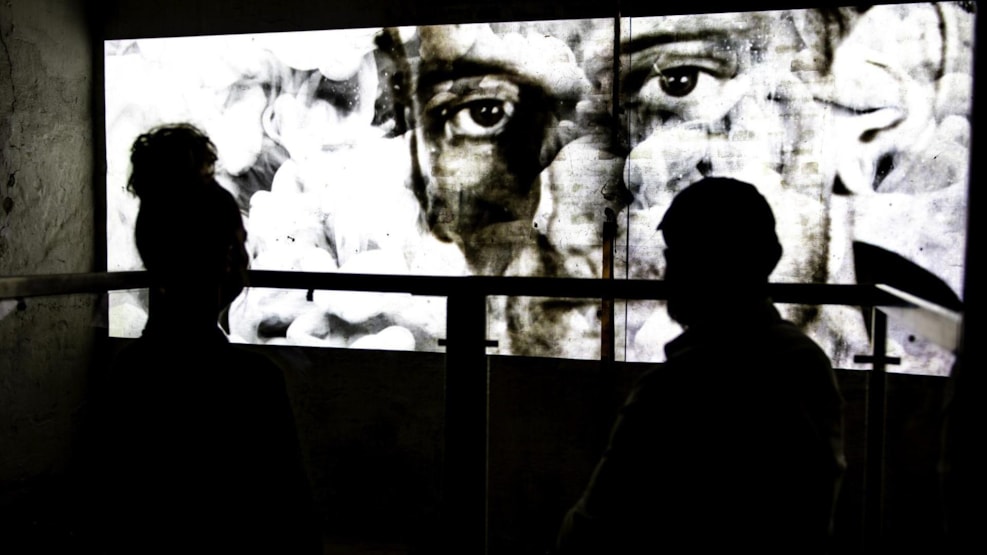
The Gestapo is coming - Exhibition at Staldgården in Kolding
In evil times, people do extreme things.
If in doubt, visit the exhibition '1943 – Gestapo is Coming' at Staldgården in Kolding, where you will hear the story of the struggle between the Danish resistance movement and the occupying forces during World War Two. It shows how extreme and extraordinary circumstances can override society’s normal social rules and people’s moral compass, leading to extreme actions.
For a long time, Denmark was called the ' whipped cream front' by the Germans. There were no open battles here, but good supplies. However, this gradually changed during the occupation, and in 1943, the official cooperation policy collapsed. The Parliament was suspended, and in October 1943, Gestapo moved into Staldgården in Kolding, establishing their headquarters for South and Southern Jutland.
In the last two years of the occupation, around 1,350 resistance fighters were arrested and detained at Staldgården. Here, they were interrogated and tortured, while waiting to find out their fate. Some were released, others were shot at the execution site in Ryvangen, and many were sent to German concentration camps.
Using new technology, you can take a walk through wartime Kolding and meet the fictional woman, Gerda. You can also visit the only preserved Gestapo cell in Denmark, Zelle Zwei. It is a grim reminder, where you can still see the names that resistance fighters etched into the walls as they dreaded their upcoming interrogation.
In the cell, you can also experience a powerful and intense narrative. There are three stories in total, each depicting different aspects of the occupation’s history through light, sound, and modern technology. Moving. Frightening. Gripping.
We have a hymn that gained extra significance during the occupation, when young men fought for a cause—with their lives at stake. The last verse reads:
Fight for all you hold dear,
die, if it must be so!
Then life is not so hard,
nor is death either.
From 'Always Cheerful, As You Go,' by Christian Richardt, 1867.